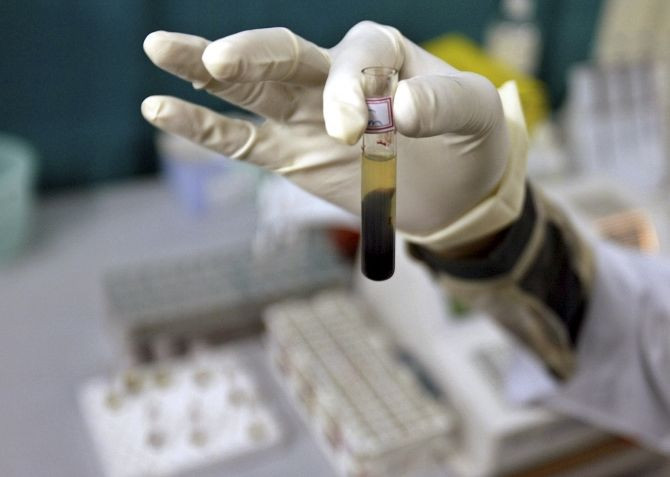New Treatment Targets The Achilles' Heel Of Hepatitis C Virus; Potential Cure

Researchers uncovered a new approach to treating hepatitis C that showed signs of repressing the virus in early trials, even preventing resistance to the drug. After bypassing traditional pharmaceutical approaches, the injectable drug regimen could be a breakthrough in curing hepatitis C infections.
In the study, researchers administered the drug to 36 patients over 30 days. The patients were then monitored for 18 weeks. Five of the patients were found to have no traces of the virus in their system.
The drug called miravirson is an antisense oligonucleotide and specifically blocked microRNA-122, which is the miRNA responsible for producing proteins that turn on genes in the liver thereby replicating the Hepatitis C virus.
By depriving the virus of its proteins, it has no means to reproduce.
"One of the challenges in hepatitis C is always resistance," Stacey Rizza, researcher at the Mayo Clinic in Rochester, Minn., told MedPage Today.
"These microRNA are targeting very conserved parts of the hepatitis virus so the chance of resistance is much lower."
Since signs of resistance were undetected in this treatment, it could forgo the administration of current treatments for Hepatitis C, including interferon and ribaviron. The side effects for these drugs include fatigue, fever, muscle aches, anxiety, skin rashes, depression and diarrhea. Severe effects include anemia.
However researchers emphasize they are in the early stages of the program and would to look at the long-term outcomes before they call this a cure.
Rizza also said that an all-oral program is possible, which involve taking three pills over the course of three months, but the viruses could develop resistance in some patients.
The study was published online in the New England Journal of Medicine and included researchers from Harvard University and Stanford University.
Hepatitis C is spread though blood from sharing needles or by birth through a mother with Hepatitis C. Sexual transmission of the virus is low but possible, according to the Centers for Disease Control and Prevention.
Currently, nearly 3.2 million people in the United States have HCV infections, many don't know they are infected because they don't feel sick during the first six months. After developing Chronic HCV, patients could succomb to liver problems like cirrhosis or liver cancer.



























